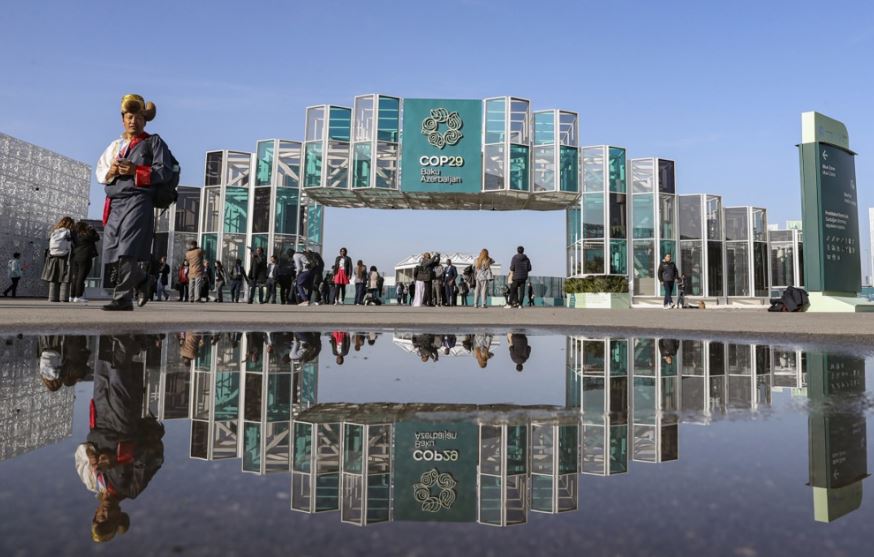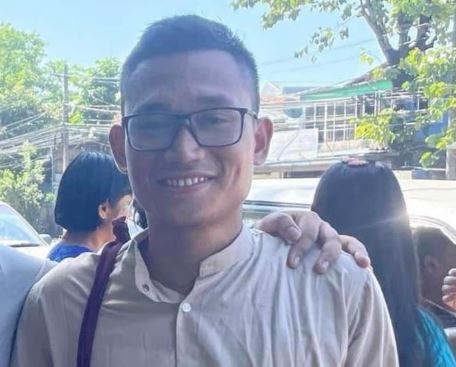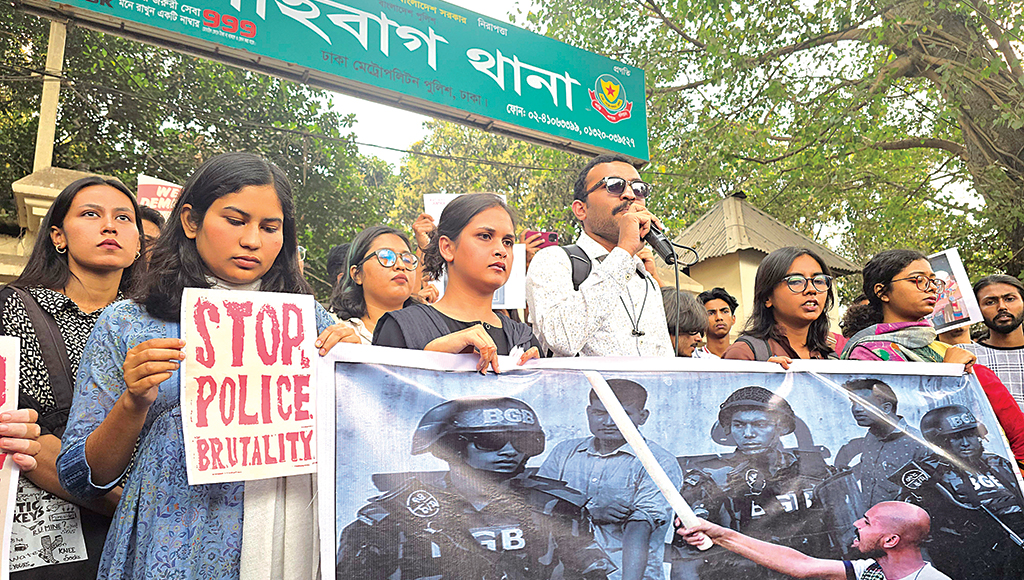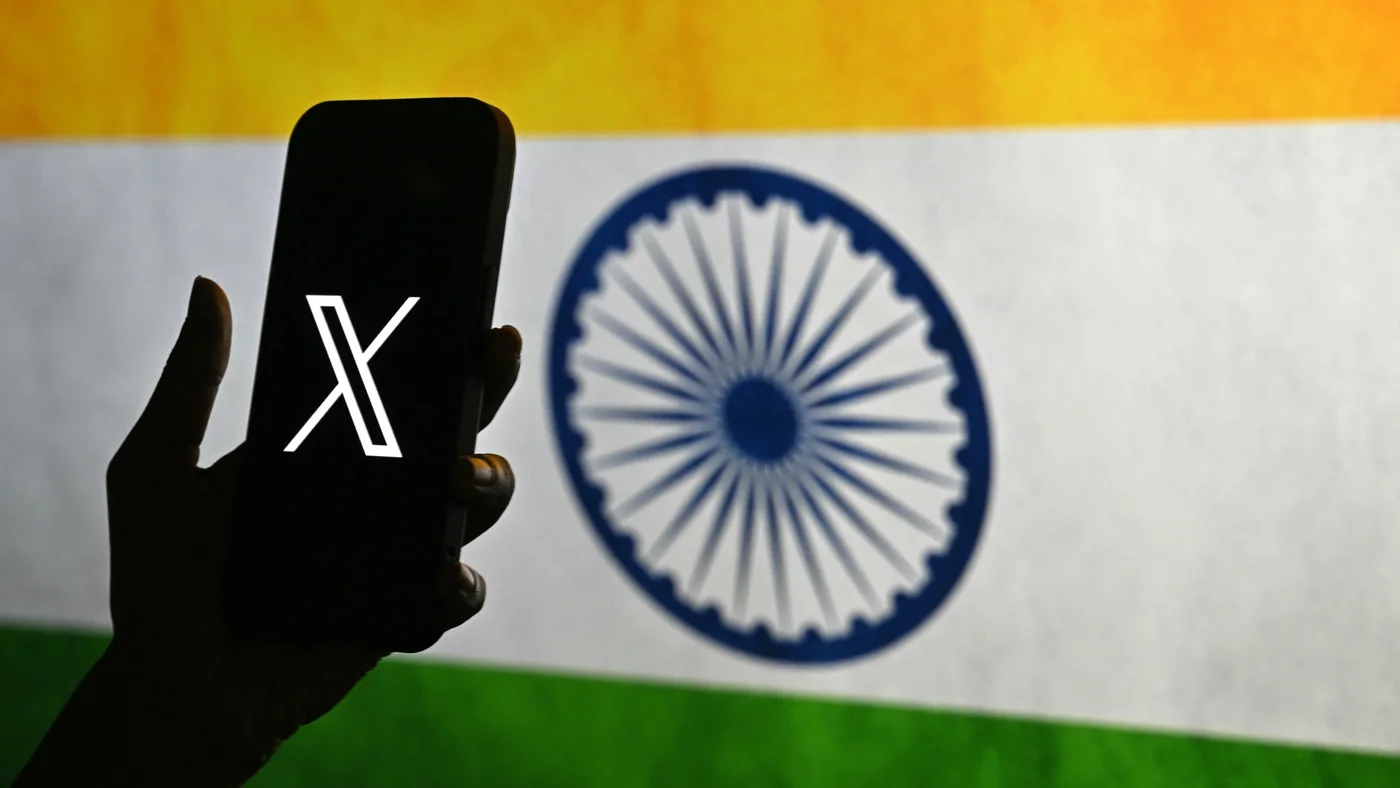
Azerbaijan Silences Journalists Under COP29 Spotlight
November 15, 2024
Lebanese TV Host Quits After Death Threats from Hezbollah Supporters
November 16, 2024November 15, 2024 – India/Myanmar –
Myanmar’s military-run Insein Prison, notorious for torture and inhuman conditions, saw the release of photojournalist Kyaw Swar Tun on November 14, 2024, after serving nearly two years of hard labor under Section 505(a) for allegedly insulting the state and inciting unrest—charges often wielded to silence dissenting journalists.
Arrested in September 2022, Tun was detained following a phone message exchange with an ethnic armed group while working for Mizzima’s fact-checking unit. His unlicensed use of a drone drew official attention, triggering his conviction in January 2023 and sentencing to three years of forced labor.
Upon release from Insein’s grim pits, he appeared in good health yet deeply scarred by detention. Local reports confirmed his family’s emotional reunion and noted his plea for the release of remaining jailed Myanmar journalists.
Tun described harrowing conditions and severe beatings upon arrival at the prison, intensifying once guards learned he was a journalist. He endured private torture, forced kneeling for 45 minutes, invasive body and cavity searches, overcrowded cells—over 30 inmates scrambled into spaces meant for ten—and chronic food shortage.
He shared with VOA that journalists in Insein are treated as enemies: detained in isolation, repeatedly beaten, and threatened with further harm if they spoke out. He said recounting news or critiques made him a target for extra brutality.
These revelations add to a broader pattern: seven journalists killed and more than 60 still detained in Myanmar, according to RSF. The country ranks 171st on RSF’s 2024 World Press Freedom Index—one of the lowest globally.
Tun’s release falls amidst intensified international condemnation of Myanmar’s junta, with human rights organizations and press freedom advocates demanding the release of all imprisoned journalists. His case illustrates the calculated use of draconian laws to suppress the free press—an assault on both journalism and human rights.
Although now free, Tun’s experiences lay bare the brutal suppression of dissent in Myanmar. His testimony shines a crucial spotlight on the plight of the dozens still jailed, prompting renewed calls for global pressure on the regime. His freedom serves not just as personal relief but as a rallying cry, calling for the liberation of all journalists still silenced behind bars.
Reference –
https://eng.mizzima.com/2024/11/15/16261




